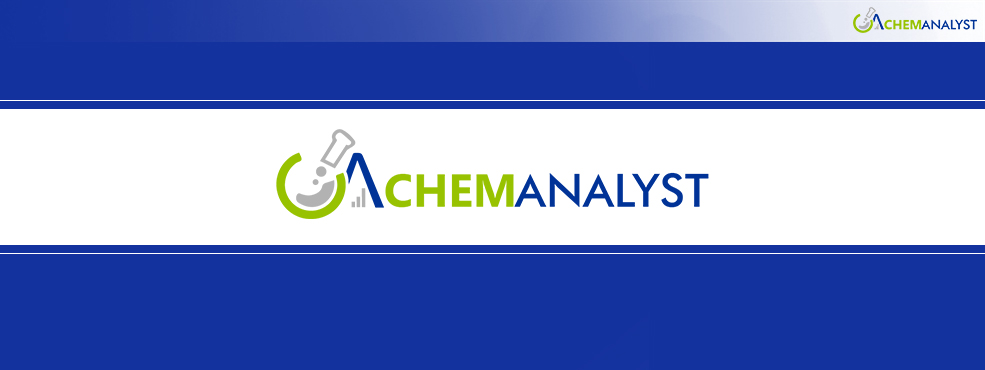Welcome To ChemAnalyst

Syensqo’s PRISM® EP2400 with Teijin Carbon earns NCAMP qualification, delivering first certified resin infusion system for aerospace, reducing costs and risks.
Syensqo, in collaboration with Teijin Carbon, has reached a major milestone in aerospace materials innovation with the successful NCAMP qualification of its advanced PRISM® EP2400 epoxy resin infusion system. This achievement represents the first-ever resin infusion system to receive qualification under the FAA-sponsored National Center for Advanced Materials Performance (NCAMP) program, marking a breakthrough in certified alternatives to traditional autoclave processing for aerospace applications. The system is qualified in combination with Teijin Carbon’s Tenax™ IMS65 E23 24K Non-Crimp Fabrics (NCF) and woven unidirectional (UD woven) reinforcements, creating a powerful materials solution for aerospace manufacturers.
The qualification process, endorsed by both the Federal Aviation Administration (FAA) and the European Union Aviation Safety Agency (EASA), is detailed under material specification NMS 241 and process specification NPS 82401. A comprehensive NCAMP Material Property Data Report has been made publicly available, providing certified, design-ready mechanical property data. This enables manufacturers to accelerate the integration of PRISM® EP2400 into aerospace programs where resin infusion technology delivers clear advantages in terms of performance, scalability, and cost-effectiveness.
According to Rob Blackburn, Head of Customer Engineering at Syensqo, the certification fills a long-standing gap in the NCAMP database. “This qualification fills a critical gap in publicly available aerospace material data. It’s the first resin infusion system in the NCAMP database, giving manufacturers a validated, scalable alternative to autoclave processing for applications where resin infusion makes sense, such as integrated structures,” he stated.
Historically, NCAMP allowables have focused primarily on prepreg materials, leaving limited options for companies seeking qualified out-of-autoclave (OoA) resin infusion solutions. PRISM® EP2400 directly addresses this gap by being the first material of its kind to gain acceptance, offering a validated path for aerospace OEMs and suppliers looking to use high-performance resin infusion in aircraft structures.
The PRISM® EP2400 system provides several key technical benefits that make it highly suited for complex aerospace applications. Its low viscosity ensures robust and repeatable resin transfer processing, while its toughened and damage-tolerant chemistry provides superior performance for demanding structural applications. Additionally, the resin features a long and stable pot life, making it especially useful for large or intricate structure infusions. It is designed as a one-part, low-reactive system, optimized for safe and efficient global shipping by sea, land, or air.
By gaining NCAMP qualification, PRISM® EP2400 also brings practical advantages to the aerospace industry. With mechanical testing and analysis already completed, adoption timelines are shortened. Qualification costs are significantly reduced, and program risks are lowered, since OEMs can proceed directly to advanced stages of certification. Suitable for both primary and secondary structures in commercial and defense aircraft, this resin system represents a new standard for resin infusion performance, combining high toughness, reliability, and cost efficiency in one package.
We use cookies to deliver the best possible experience on our website. To learn more, visit our Privacy Policy. By continuing to use this site or by closing this box, you consent to our use of cookies. More info.
